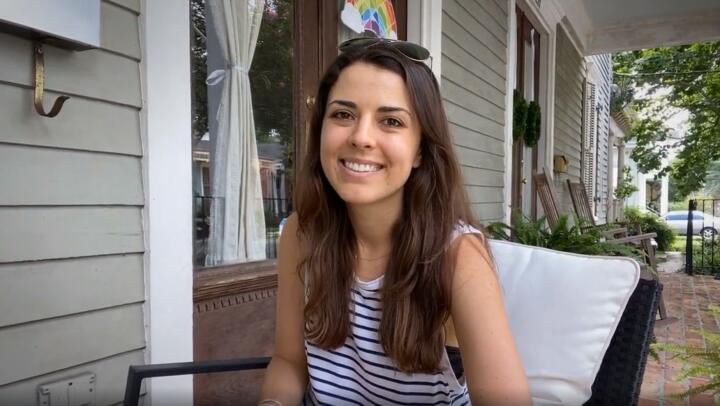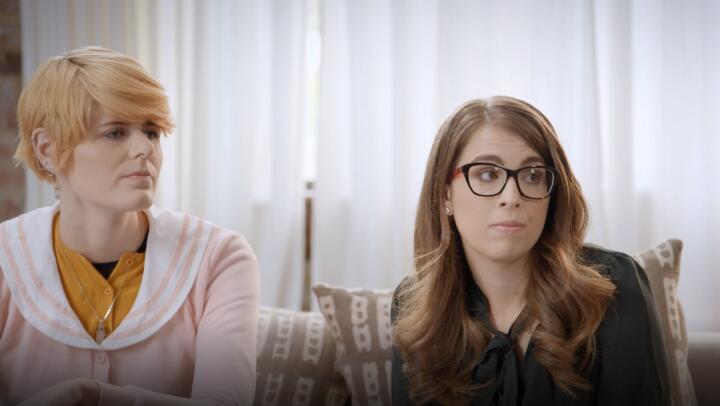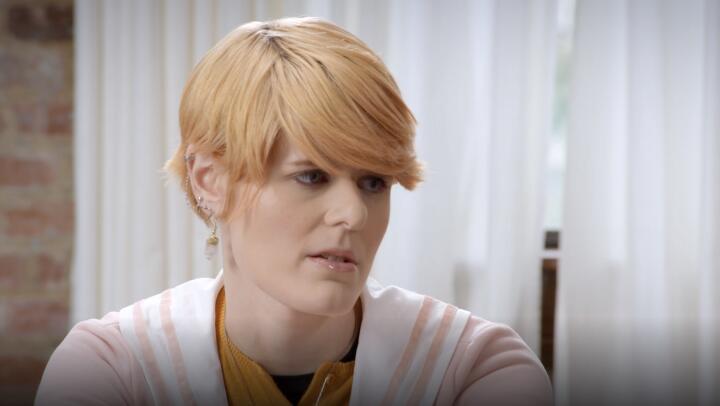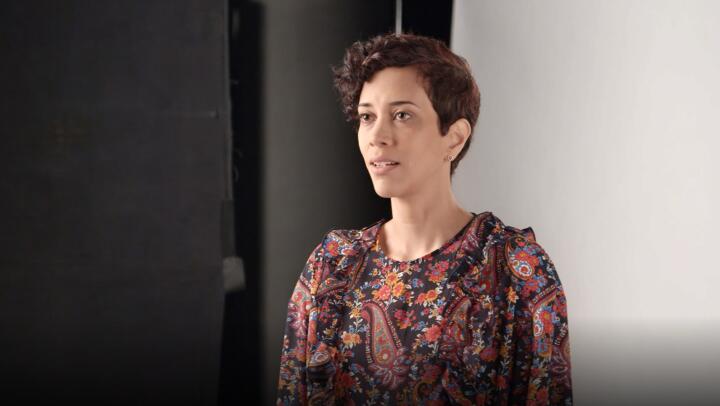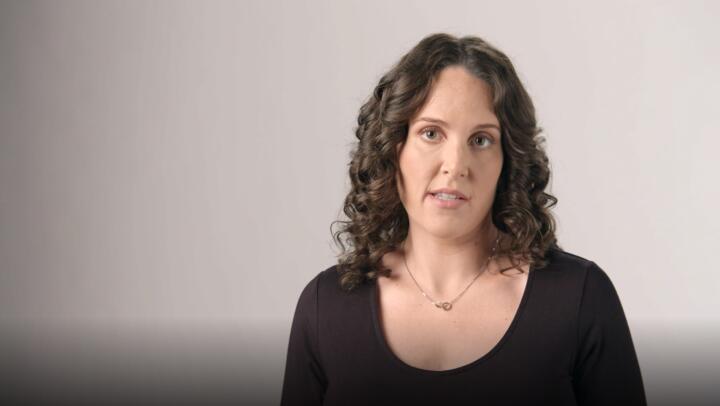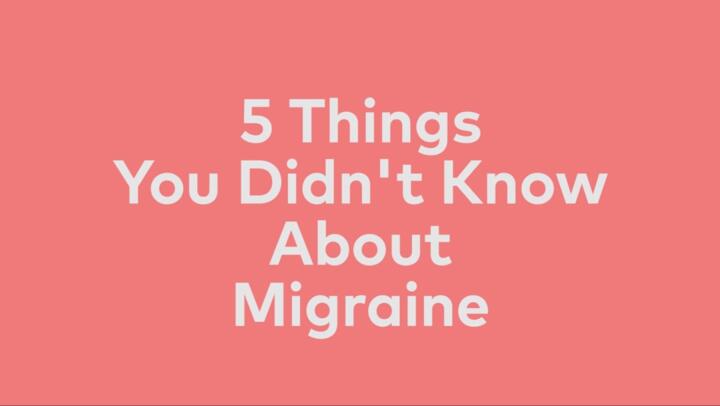If your loved one has suffered a traumatic brain injury, most likely his or her ability to communicate has been affected in some way. It can be frustrating and scary not knowing how to help or what to expect. Unfortunately, no one can predict how much communication ability your loved one will regain or when it will happen. However, learning as much as possible allows you to be a positive and active participant in his or her journey to recovery.
“Speech and language problems can vary widely among people with brain injury. How these problems affect your loved one depends on many factors, such as the location and severity of the brain injury,” explains Dana Read, M.S., CCC/SLP, CBIST, regional speech pathology clinical manager and brain injury specialist for SSM Rehabilitation Hospital in St. Louis, Mo.
Evaluation
After your loved one’s condition has been stabilized, a speech-language pathologist (SLP) will most likely evaluate his or her speech and language problems in the hospital. Since brain injuries affect people differently, a comprehensive evaluation will allow the SLP to tailor a treatment plan to your loved one’s specific needs.
Beginning Therapy
Whenever possible, speech therapy begins in the hospital setting. However, don’t be discouraged if medical issues keep your loved one from fully participating right away.
“Speech therapy takes a lot of concentration and there are a number of factors that hinder it,” explains Read. “Brain injury patients may be distracted or agitated and medication to help reduce these effects often causes drowsiness. In addition, many head injury patients experience severe headaches that can prevent them from participating in therapy.”
When your loved one is ready, speech therapy will most likely begin with easy steps so he or she gets used to working with the SLP. Therapy often involves two main goals: restoring natural speech and language abilities, and learning to use new tools for communication. For example, patients may learn strategies such as speaking slower, talking with exaggerated inflection, relearning how to form word sounds or performing exercises to strengthen weakened speech muscles. New tools for communication might include using letter boards to help listeners identify beginning word sounds, typing on a keyboard that has speech output, or making remnant books with items that help your loved one remember names, places, and favorite activities.
Therapy Beyond the Hospital
When your loved one is released from the hospital, the journey to speech and language recovery is just beginning. Oftentimes he or she is transferred to a skilled nursing facility or rehabilitation hospital. Here your loved one may continue to receive intensive speech therapy as well as physical and occupational therapy. Once he or she is well enough to live at home, outpatient therapy can help reinforce communication skills.
“In addition to outpatient therapy, there are many community resources that can help in the speech recovery process,” says Jeff Higginbotham, Ph.D., CCC/SLP, director of University at Buffalo's Signature Center for Excellence in Augmented Communication. “For example, brain injury support groups can provide important interaction and socialization.”
Sharing the Journey
As a family member or caregiver, it’s important to be an advocate for your loved one throughout the recovery process. Take the time to participate in therapy sessions. And if your loved one uses a communication aid, get trained on how to use it, too.
At some point, progress in communication may begin to slow down. When this happens, don’t give up. Although recovery of communication abilities may be slower after the first six months following a brain injury, improvements can still be made for years.
“Recovery from a brain injury can be a life-long process,” says Dr. Higginbotham. “It’s critical to value your loved one no matter his or her capabilities and find a way to connect with one another. Your support can be essential in the recovery journey.”




